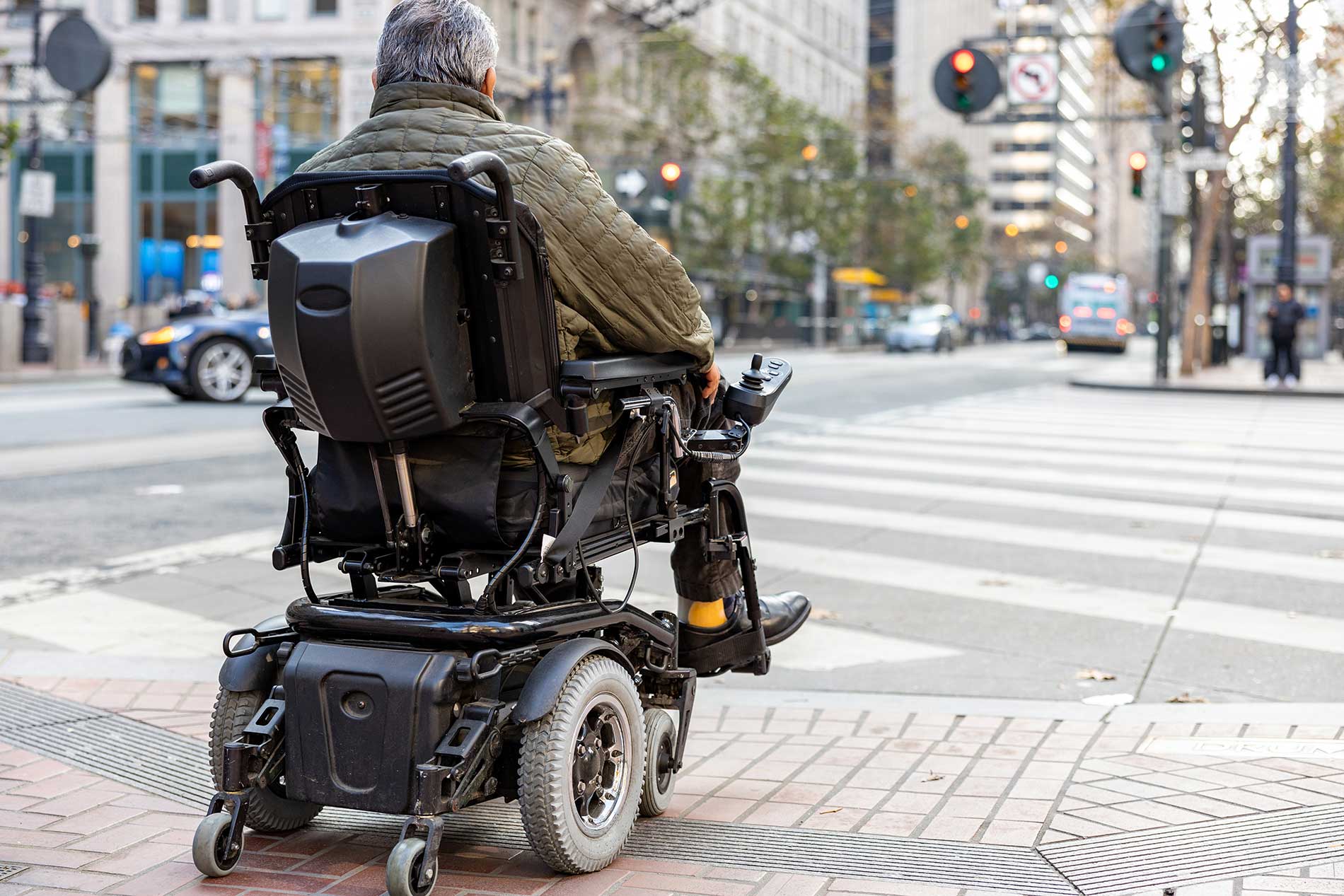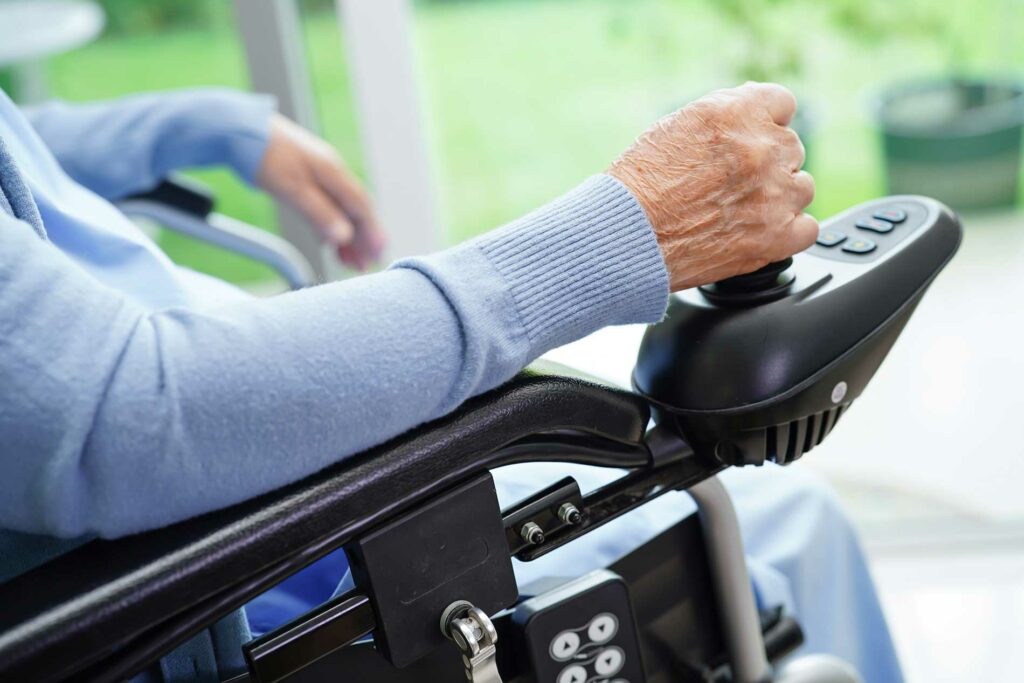Choosing the right mobility aid is a critical decision that impacts daily life. With numerous options on the market, understanding the differences is key to making an informed choice that meets individual needs. In this guide, we’ll discuss the distinctions between a power chair and an electric chair, helping users and caregivers find the best solution for enhanced mobility.
Overview of Power Chairs
Power chairs, often referred to as electric wheelchairs, are motorized mobility aids designed to offer maneuverability and independence.
Definition and Features
A power chair is equipped with a battery-powered motor, wheels, and a joystick for control. It’s engineered to navigate through tighter spaces and provide a stable ride.
Benefits and Limitations
Benefits include:
- Enhanced maneuverability in confined spaces.
- User-friendly controls for individuals with limited upper body strength.
- Various models to fit specific medical needs and body types.
Limitations may involve:
- Bulkier than manual chairs, impacting transport.
- Typically, more expensive than manual options.
Overview of Electric Chairs
Electric chairs, in the context of mobility aids, are not commonplace terminology and might refer to a power chair. However, the term ‘electric chair’ could mistakenly lead to a reference to an execution device, which is not related to mobility at all. For clarity, this guide will continue to focus on the universally accepted term ‘power chair’ and will not use the term ‘electric chair.’
Key Differences Between Power Chairs and Electric Chairs
Since ‘electric chairs’ in the sense of mobility aids do not distinctly exist, we’ll address the key features of power chairs in various situations.
Mobility and Terrain
Power chairs are versatile and can handle a variety of terrains with appropriate modifications. This adaptability makes them suitable for both indoor and outdoor use.
Control Mechanisms
The joystick control mechanism allows for precise movement and turns, making power chairs ideal for those with limited dexterity.
Customization Options
Many power chairs offer customization in terms of seating, control systems, and accessories to cater to the specific needs of the user.
Cost and Insurance Coverage
Power chairs are generally a significant investment, but insurance may cover some of the costs depending on the user’s policy and medical necessity.
Considerations for Choosing the Right Chair
When selecting the appropriate mobility aid, consider the following aspects:
1. User’s Mobility Needs
Evaluate the degree of the user’s mobility challenges and what product features can best support those needs.
2. Lifestyle and Activities
Consider the user’s daily activities. A person who frequents outdoor spaces may need different features than someone who primarily navigates indoor areas.
3. Budget and Insurance Coverage
Review your budget and consult with insurance providers to understand coverage and out-of-pocket expenses.
Understanding the capabilities and limitations of a power chair can significantly influence the quality of life for a mobility aid user. Remember that the term ‘electric chair’ is not standard and is not synonymous with a power chair, which is a safe and regulated mobility device. Always prioritize the user’s needs, lifestyle, and financial considerations when making a decision.
Through careful review of the key differences and thoughtful consideration of personal circumstances, users and caregivers can choose a mobility aid that promises freedom and independence. It’s not just about selecting a chair; it’s about choosing mobility and the quality of life that goes with it.
Questions?
At Lakeside Medical Supplies, we want to make home health care as easy as possible by providing the power chairs and medical supplies you need at competitive prices. Our privately-owned home healthcare company is committed to providing premium products and services to our valued customers. We have two accessible locations in Vernon (250) 542-2425 and Salmon Arm (250) 832-2431 and offer free delivery to your door for orders over $100.
Visit Us on Facebook


